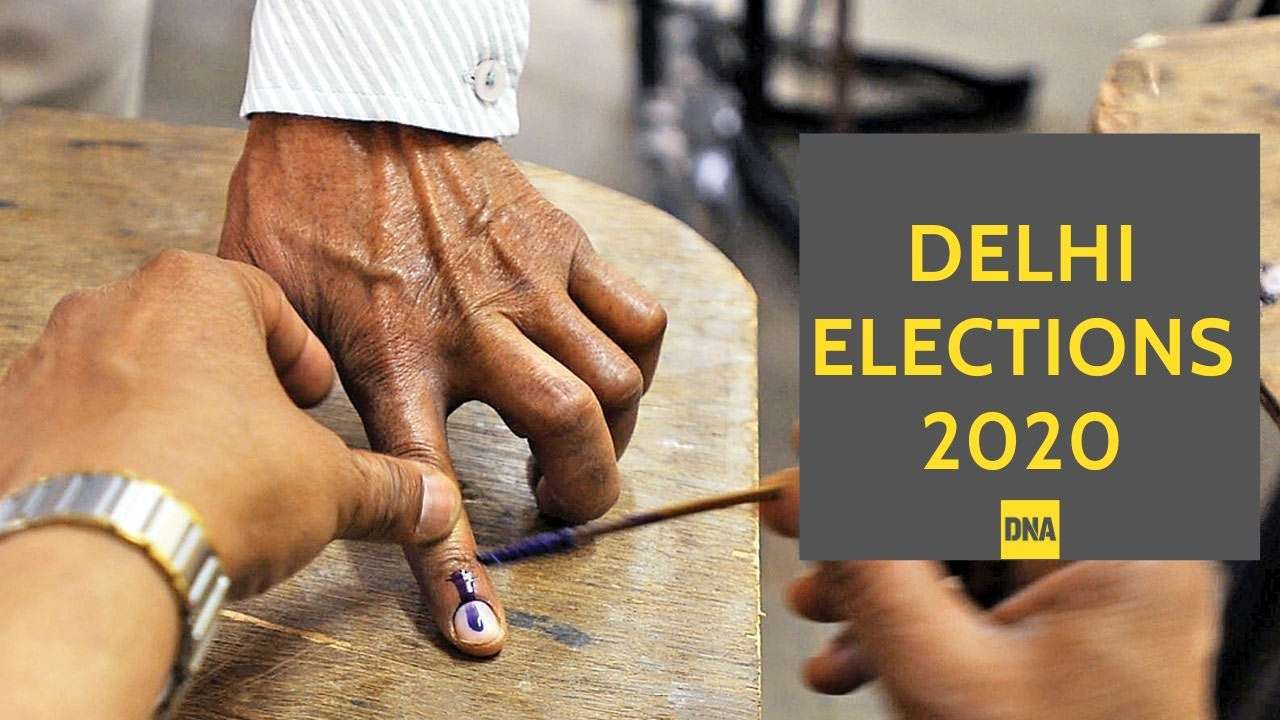
RK Puram in Delhi is an affluent area that primarily houses government employees. It gets the name from Ramakrishna Paramhansa and was a Congress stronghold before the AAP party decimated it in 2015 elections.
The region has a significant population of Rajputs and Vaishyas and it is also a residence of a sizeable number of voters from Purvanchal region and Uttarakhand.
The main competition in the seat is between AAP MLA Pramila Tokas and BJP’s Anil Kumar Sharma.
Here is a brief profile of the RK Puram seat:
Constituency Name: RK Puram
Constituency Number: 44
Total voters: 95,496
Previous elections: AAP member Pramila Tokas won the seat in 2015 elections by over 19,000 votes after AAP emerged as an anti-corruption party.
In the Delhi Assembly Elections 2020, AAP will be contesting from all 70 seats for the assembly polls while BJP will be contesting on 67 seats, with its ally Janata Dal-United (JD-U) and Lok Janashakti Party (LJP) contesting on the remaining three seats.
On the other hand, Congress will fight on 66 seats and its ally Rashtriya Janata Dal (RJD) will fight on the remaining 4 seats.
Polling will be held at 13,750 polling stations. According to the poll body chief, total electors in the final electoral roll of the NCT of Delhi as on January 6, 2020, are 1,46,92,136.
The polls for all the seats will be held on February 8, 2020, and the results will be declared on February 11, 2020.
It is to be noted that in 2015, the Arvind Kejriwal-led Aam Aadmi Party (AAP) had a landmark victory after it secured 67 of the total 70 seats in the state legislature. The party is now eyeing a second consecutive term banking on freebies that it provided to Delhiites including free water, free electricity up to 200 units, free ride for women in DTC and cluster buses, among other measures.